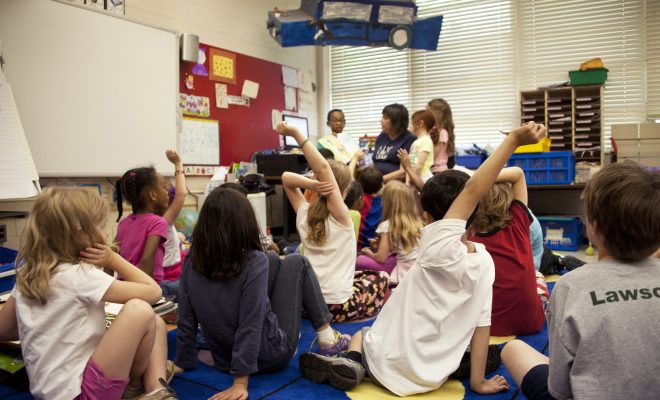Dyscalculia, Dysgraphia, Dysnomia, Dyslexia, and Dyspraxia: What are the Differences?

In my past life as a special education teacher, I worked with a variety of special needs students. These students were all unique, and so were their learning disabilities. As experts in the field, special education teachers are charged with providing classroom teachers and education administrators with information about the disabilities that their students were faced with. Among my favorite learning disabilities to discuss were dyscalculia, dysgraphia, dysnomia, dyslexia, and dyspraxia. Why? Because they are the hardest disabilities to explain, and since I loved a challenge, I enjoyed taking these complex disabilities and making it easy for people to understand them. In this piece, I will discuss the learning disabilities of dyscalculia, dysgraphia, dysnomia, dyslexia, and dyspraxia.
What is Dyscalculia?
Dyscalculia is a learning disorder that is marked by an inability to learn foundational math skills. Many people with this disability can learn very advanced mathematics concepts and principles, but it is hard for them to process formulas or do elementary math computations. Many people with this disorder also struggle with visual-spatial relationships or processing what they hear. Dyscalculia can differ from person to person.
What is Dysgraphia?
Dysgraphia is a learning disability that is marked by difficulty in performing handwriting in addition to having issues with fine motor skills. People who suffer from dysgraphia have problems forming letters correctly, putting thoughts on paper, zipping a jack, tying their shoes, etc. Many students who suffer from dysgraphia often develop solid verbal skills to compensate for their handwriting issues. Because little research has been conducted on this learning disability, it is often misdiagnosed.
What is Dysnomia?
Dysnomia is a learning disability that is marked by difficulty in recalling words, names, numbers, etc. from memory. The real problem stems from the fact that the words that they can not remember are essential, as they are needed for oral or written expressive language. The person may provide a detailed description of the word in question but is unable to recall its exact name. Dysnomia is often misdiagnosed as expressive language disorder. If your child is exhibiting any of these symptoms, take them to see a neurologist as soon as you can.
What is Dyslexia?
Dyslexia is a reading disorder in which a learner has difficulty recognizing letters and learning letter sounds, despite normal intelligence. It decreases the processing of graphic symbols, especially those related to language. Children who have dyslexia may experience late language development and have problems learning how to write and spell when they enter formal schooling. Symptoms include poor literacy skills, reversed letter and word sequences, and poor handwriting. The good news is that if the student is diagnosed with dyslexia early enough, more than likely they will learn to read.
What is Dyspraxia?
Dyspraxia, which is also known as Apraxia, is a learning disability that is marked by difficulty in carrying out routines that require the use of balance, fine-motor skills, and coordination. Usually, we think of these children as merely being “clumsy” or “awkward.” Children with dyspraxia need to treated by an occupational therapist to strengthen their fine and gross motor skills. Verbal Dyspraxia describes a lowered ability to use speech sounds, which is usually the sign of a developmental delay. Verbal Dyspraxia can be separate from or accompany dyspraxia. Children with dyspraxia may also suffer from slightly slurred speech and short-term memory loss.
What did I miss?






